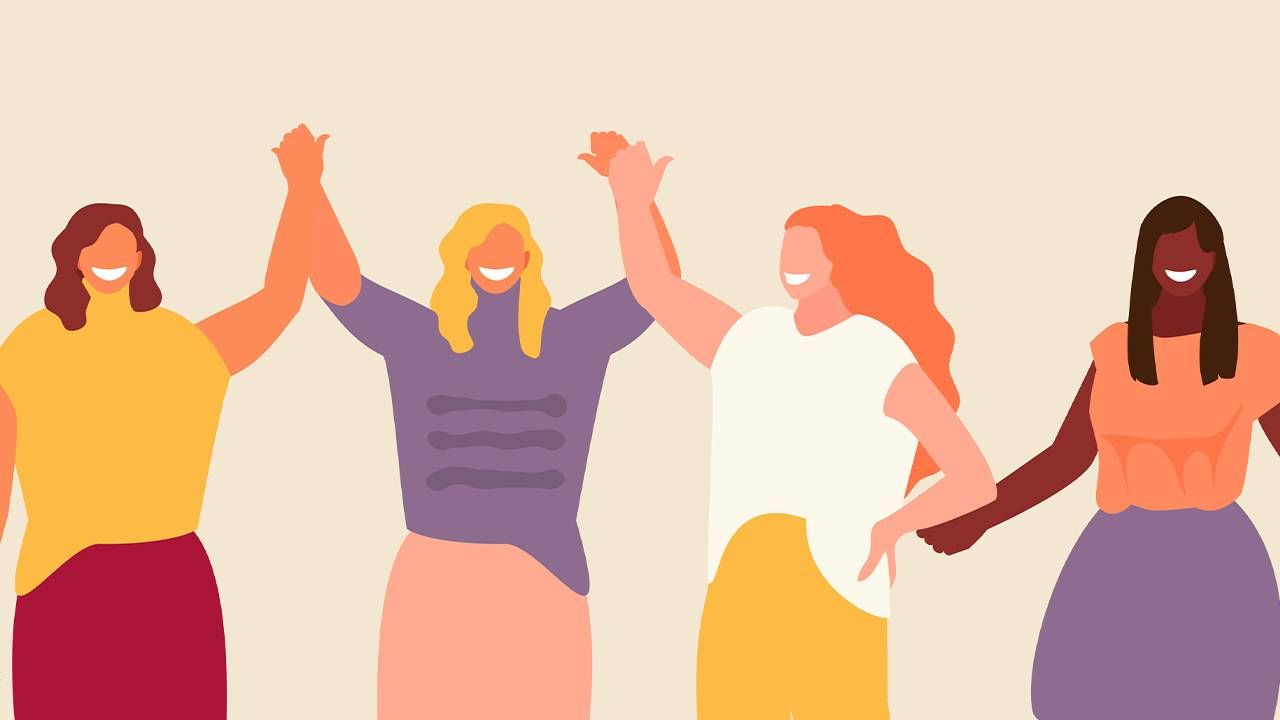9 Ways to Help Create Change
Her negative experience with a California doctor taught the author how to make her voice heard
Have you ever gotten so mad that you literally didn't know what to do? You might feel that you were wronged. You're angry. You feel unheard. Or you witness unjust behavior, discrimination or sexual harassment and are upset to see people being taken advantage of.
In those situations, the worse thing you can do is not do anything. As Martin Luther King, Jr. said, "He who accepts evil without protesting against it is really cooperating with it."

Especially for boomers like me, it's important to share our voice. Now, more than ever, our experience and our opinions matter.
How I Took Action
In my own case, I had an unfortunate incident with a doctor that prompted a lawsuit and my filing a complaint to the California Medical Board. In the process, I saw the need for clarity that could help consumers.
Now, more than ever, our experience and our opinions matter.
For instance, I couldn't understand why my doctor's settlement with me wasn't listed; a "no settlements" listing by his name was misleading. Apparently, my doctor hadn't met the listing criteria, but the public had no idea of this.
I also had the idea for the medical board to put up a link to the federal government's Open Payments website on its "Doctor search" area so patients could easily find out if their doctor is receiving payments from drug and device companies. The Open Payments site has important information, but is little known by the public.
I decided to attend the California Medical Board's quarterly meeting, which is open to the public (now held virtually). At the meeting, I introduced myself to the executive director and later emailed my thoughts to her.
Weeks later, the Medical Board implemented these important changes on its website, fixing these issues and promoting transparency. If I had only complained, and not suggested these specific changes, nothing would have happened.
Later, I made an appointment with my district's state Assembly member, Adrin Nazarian. He was empathetic about my plight and open to hearing my suggestions.
And now, we have an Assembly bill about to go before the California State Legislature. The legislation would mandate that a doctor tell a patient if they have a financial interest in a drug or device they plan to use in their treatment. This valuable information is critical to a patient's right to informed consent.
Unfair and unjust things happen. Though we can't change the past, we can affect the future. We can choose to make meaning out of these events and work to make sure they don't happen again to anyone else.
I made a decision to not focus on what went wrong, but to focus on how I could make it right.
As I found when I was wronged by unethical treatment, you alone can also be the catalyst for change. My bad experience was an opportunity to do good. I made a decision to not focus on what went wrong, but to focus on how I could make it right.
Even after favorably settling a lawsuit, I realized that there would not be any change occurring from a monetary settlement. I knew the only way to make any meaning out of my situation was to help prevent the same thing from happening to others.
At the time, I didn't know much about how to make a change. But I stumbled around and found my way. I'd like to share nine tips on how any of us can help to create change and make our world a little better for others.
9 Steps You Can Take
1. Don't ever accept injustice. Mobilize yourself instead of wallowing in being a victim or in what you feel is wrong. Being a victim is not something you have to tolerate. Resist taking on a victim mentality, it will only slow you down. Instead, adopt a mindset of not accepting wrongdoing and find what you can do to help make a change.
2. Embrace your fate. Even when the worst thing happens, try to look at the good that can come from it. Even the worst situation can leave you an opportunity to make things better. If it can happen to you, it can happen to anybody.You might not be able to change your situation, but you can help prevent it from happening to others. Mothers Against Drunk Driving (MADD) was started in 1980 by Candace Lightner after her 13-year-old daughter Cari was killed by a drunk driver in California. Now, there are over 600 MADD offices and affiliates throughout the United States and Canada.
3. Focus on the change you want to make and hone in on it. Come up with specific goals on how you can make a difference — what needs to be done. Is it legislation? Is it calling out an employer? It is a road repair? It's important to be clear about your goals. Just being angry or complaining won't create change.
The best way to get your point across is through rational thinking and a calm delivery.
4. Assume that there are going to be other people that care. If the change is important to you there are also other people out there who also believe it's important. They just might be silent about it. No good cause is futile. Most of the time, people just need to know that an issue exists before they can see the need for change; it is your job to bring awareness. You'll be surprised who will listen.
5. Make a list of who you can go to and how to reach them. Be creative. Is it your local politician who can help make a policy change, or a school administrator or the manager of a grocery store? Should you contact people who work at local news stations or national news reporters? Check websites and find out how to approach people. When I went to Assembly member Nazarian, he couldn't believe that what I was asking for was not already a law. By the way, he was eager to hear from a constituent.
6. Look for the obvious. For some issues, there are clear things you can do. Join a group already working on your cause; give money, give your time or both. Those opportunities are all around us and easy to navigate.
7. Get over your fear of speaking up. You might be afraid to draw attention to yourself, believing you will then be the subject of scrutiny. Stop that kind of thinking by knowing that your cause is greater than you are. You can be afraid, but just do it. Just pick up the phone.
8. Realize that the way you speak up matters. If you are too angry, nobody will be able to hear you. The best way to get your point across is through rational thinking and a calm delivery. An angry tone makes it difficult to be heard, even when you have a valid point. There are so many good issues and ideas that get overlooked because people are too angry in the way they present them.
9. Don't accept "no" for an answer. Think about alternative routes you can take if you get turned down. You have to be relentless in your pursuit. Give yourself credit; your voice matters as much as anyone's. You may encounter a "no," but around the corner is probably a "yes."
So, whether the injustice directly affects you — or you see it happening to others — in my opinion, everyone has a moral obligation to do something. It can be a small act or it can be a large act. But whatever it is, don't think that what you do doesn't matter. It does. One person can make a great difference in the lives of others, and that person just might be you.
With my own situation, I have a sense of satisfaction knowing that I can have a hand in helping others. Even though change happens in small steps, I'm glad I took that first step.


